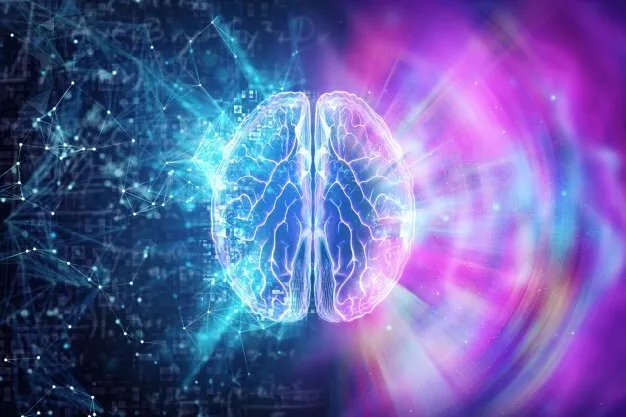Iranian Academic Explains How Brain Mapping May Help Patients Reduce Antidepressant Intake

The research core which is being set up at the incubator center of the university is called “brain mapping”, she told ANA on the sidelines of the Islamic Azad University's "second step of revolution" under the title of Asreh Omid Event which was held in Tehran's Mosalla from May 29 to June 1, 2022.
The event aimed to exhibit new achievements and products in the technological and innovation arenas in line with opening new windows towards strengthening the idea of creating ground for knowledge-based businesses at the 40th anniversary of the establishment of the Islamic Azad University.
Brain mapping is a breakthrough therapy to treat mental health conditions such as attention deficit hyperactivity disorder (ADHD), schizophrenia, depression, and bipolar disorder. It is a procedure used to measure electrical activity in the brain.
Based on the brain map analysis, neurofeedback protocols are developed that target specific symptoms linked to the functional networks in the brain which have been shown to be abnormal or dysregulated.
It goes without saying that such techniques reduce the need for drugs and the dependency on drugs as well. Furthermore, they have more lasting effects, Hadizadeh Shirazi explained.
Unfortunately, the techniques such as neurofeedback which are related to the research core have some problems which require research and academic work to be able to be used in Iranian society, she added.
For example, there are no precise and fully repeatable protocols to monitor brain signals because there are no criteria for measuring the signals so the operator may cause inadvertent errors.
Through conducting research and academic projects, such problems can be removed and the protocols can be made appropriate for the gender and age of individuals in the Iranian society, she concluded.
4155/g





















